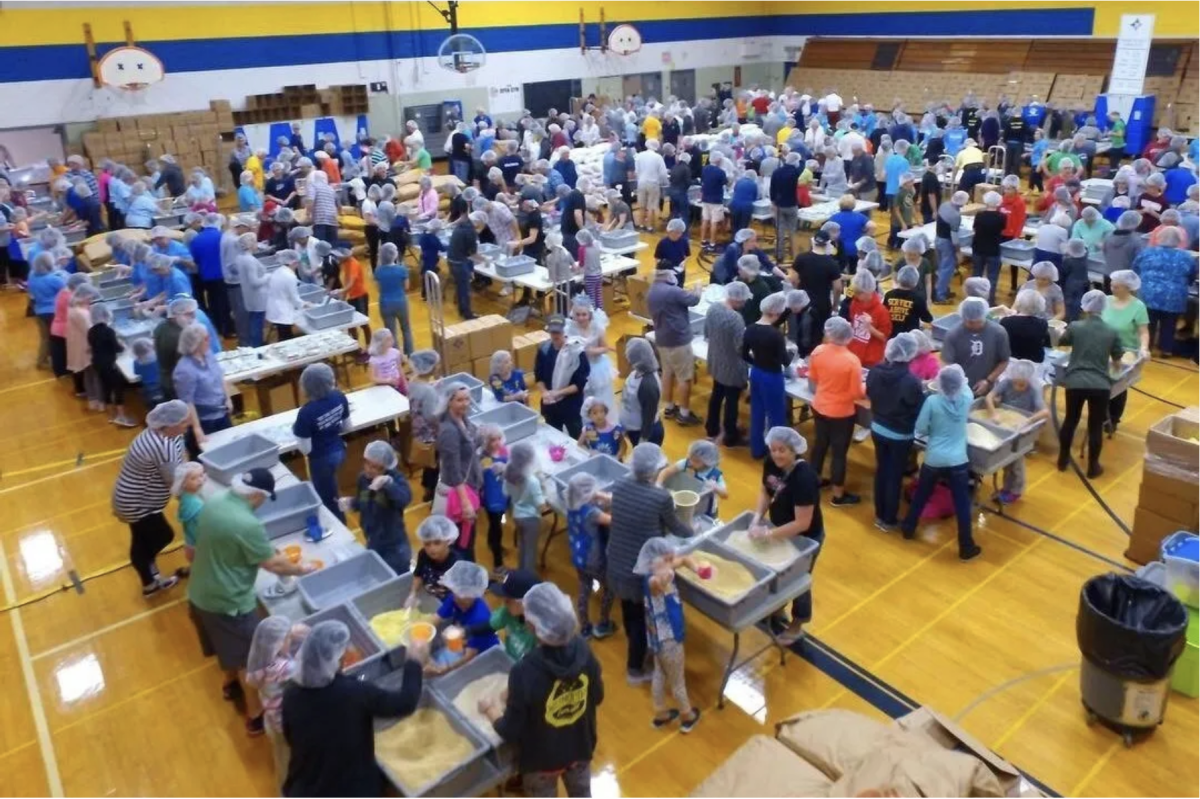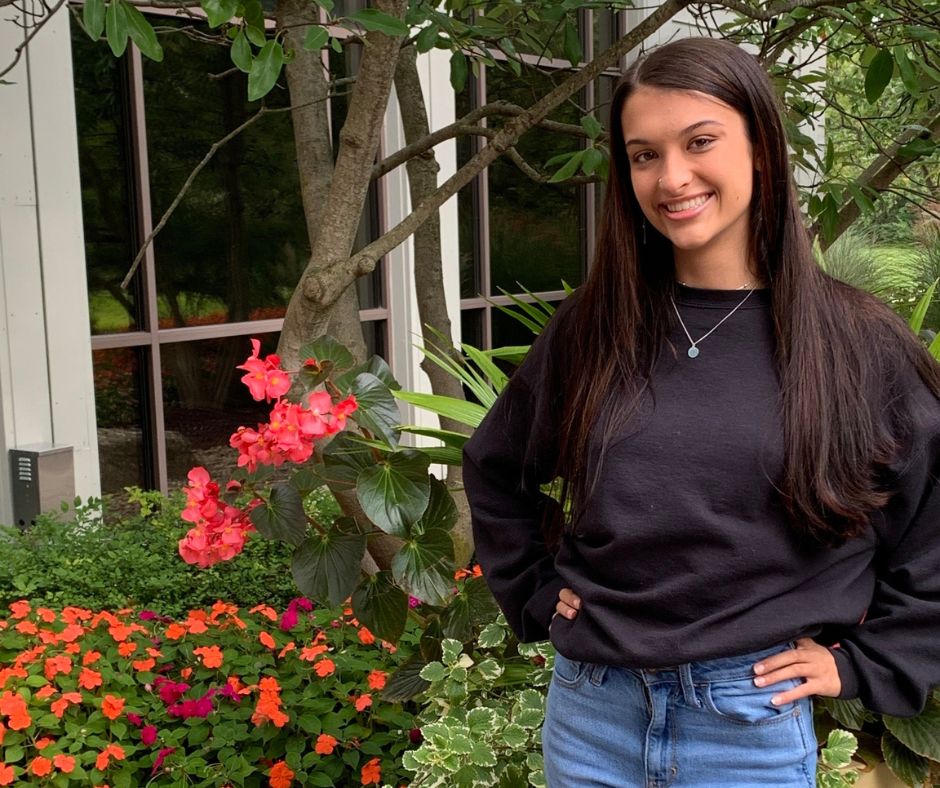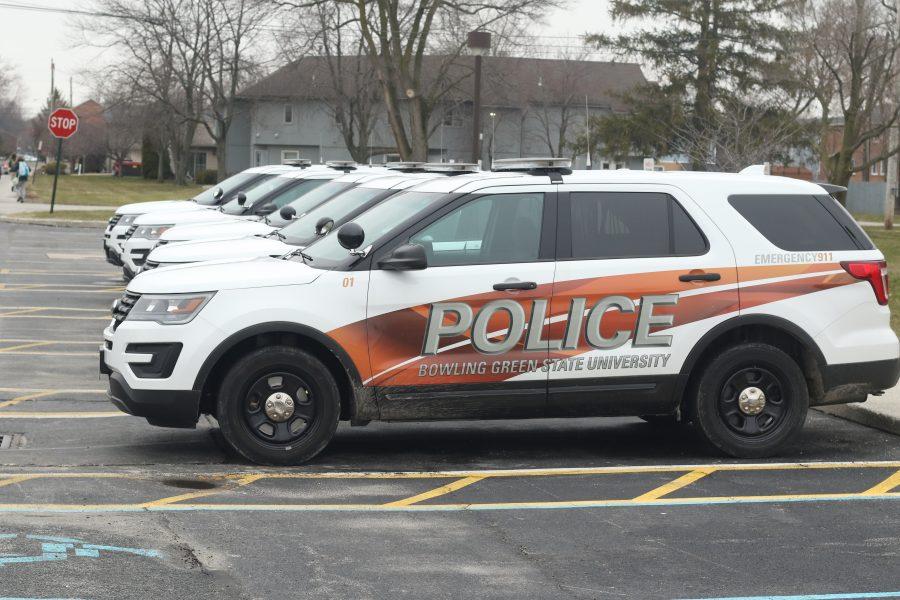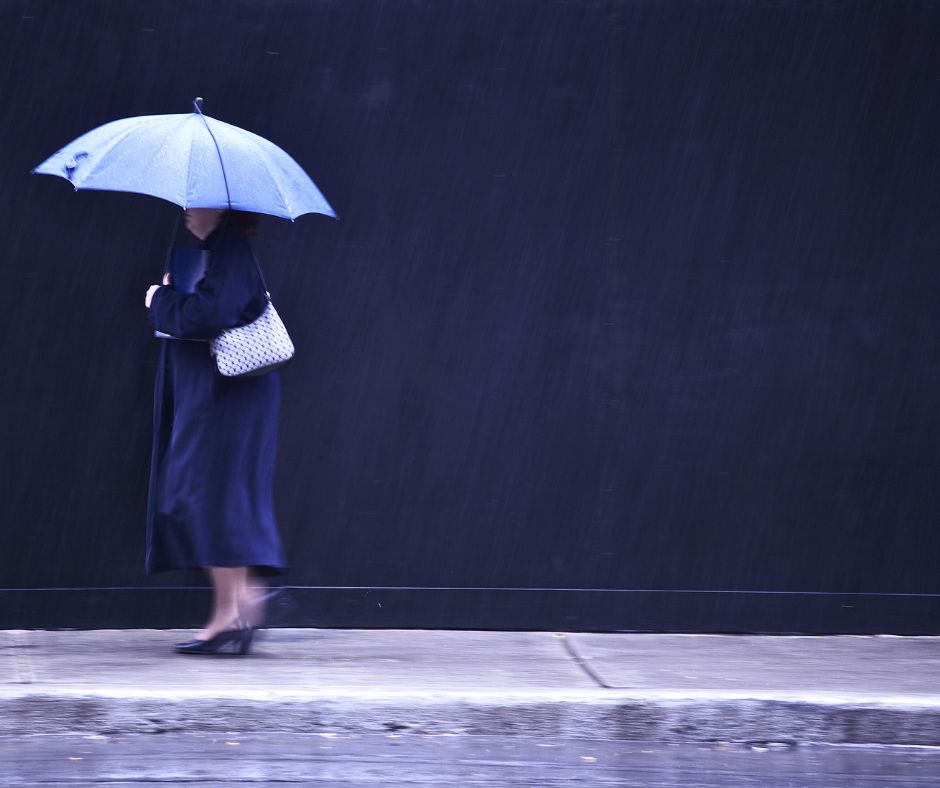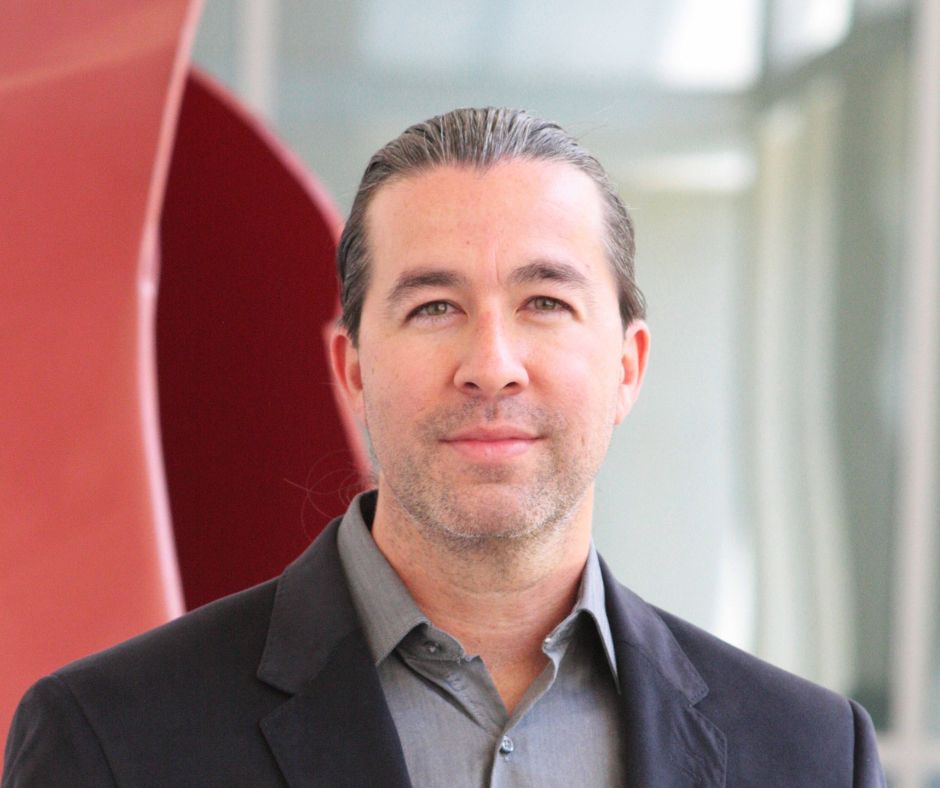Dale Smith had his first contact with other planets when he was in the third grade. Now, he is a 60-year-old astronomy professor and the director of the University’s planetarium. ‘A friend gave me a children’s astronomy book, and I was fascinated,’ he said. ‘Thirty-three years later, I met the author of the book.’ The author sucked Smith into the world of other planets miles away from planet Earth and Smith said he has been a part of the world of science ever since. ‘There are only a few planetariums and astronomers, but when you’re part of the group then you’ll always be,’ he said. Even though he has always been a part of that out-of-our-world world, he didn’t like science as a young man. ‘The science classes [in high school] were not being taught very good, the level was medium,’ he said. ‘I really liked English, math and history. Today in my astronomy classes I always try to put history in it, to put the information in perspective.’ I think that students should always take a wide range of classes. You don’t know what knowledge you need to have in your future area of work. I still use a lot of knowledge that was taught during high school – something I could never predict.’ After high school Smith wanted to study astronomy; a friend of his had the same major in Seattle and spoke highly of the program. ‘My friend found the school great, so I went doing that,’ he said. Smith came to the University in 1983 when he was informed there was a job opportunity and the faculty was investing in a planetarium. Haowen Xi is a computational physicist and he has worked more than 10 years with Smith. ‘I’m impressed by his dedication to his work, and he’s very intelligent,’ he said. ‘Smith is very open-minded about multicultural issues because of his traveling.’ Xi also said Smith is not endorsed at the University for his work, but Smith is internationally recognized for his work with the planetarium. ‘He has an award for his service to the International Planetarium Society.’ Robert Boughton, the’ chair of the department of physics and astronomy, is proud to be a member of the same department as Dale Smith. ‘He is a good teacher and a great colleague,’ he said. But Smith is more than a professor. ‘Students see teachers only as professors, teaching is a very important part of our lives,’ he said. ‘But planets are only a part of my interest. I’m also a photographer, and I combine that with traveling around the globe.’ Smith’s office is full of photos, maps and other indicators of his hobbies. The wall behind his desk is full with books and one shelf is full of coffee mugs. These mugs have different images from all different areas. One has an image of penguins, which represents his preference for the polar regions – an area he traveled a lot. ‘The first time I went to the polar region was in the ’80s. People thought that I was crazy,’ he said. ‘Normally everybody goes first to Paris or London, but I wanted to go to a place where only few people have been. The polar region is really the end of the line, you can’t go further.’ ‘The first place in the world I really wanted to visit was Hammerfest in Norway. My teacher from 3rd grade told so many stories about that place, and it sounded really cool. The idea of going to Hammerfest was stuck in my head for the rest of my life.’ When Smith was 26 years old, he packed his belongings into his car and drove to Alaska. He spent the next 13 weeks in that same car sleeping only in a sleeping bag. ‘Sleeping in the car, waking up in nature was beautiful,’ he said. ‘In my 20s I traveled the whole state by car; in my 30s I had more money to fly. If you want to travel, you should do that in your 20s. At that age you don’t need to think about a job, starting a family.’ On top of his office cabinet stands a world map with push pins. These represent the places Smith has traveled. He went to small islands in the Atlantic Ocean, where the whole island knows when visitors are tourists. Smith has visited almost every western country, but there are still many countries in Africa he hasn’t visited yet. Those places include Mali in Western Africa and Saudi Arabia. ‘When you travel, you’ll get a much broader sense about the world than Bowling Green, Ohio or the States,’ he said. ‘A weakness of America is that it’s isolated between the oceans and it’s much bigger than Canada and Mexico.’ ‘Maps shape your perspective about the world. Cultures always think that they’re the center of the world. In this country it’s normal to put America in the middle of the map, and split China. Only, there is no center. When you travel you’ll get a much more exclusive view of the world, and you’ll become less small-minded.’ He also related traveling to astronomy and the exploration of Mars. ‘Governments spend a lot of money looking for life on Mars. It asks, ‘what is our place in the universe?’ We’re only a very tiny planet that revolves around a star. The question is, are we alone?’ ‘Go back 1,000 years and the Europeans didn’t know about the Native Americans. [There] were separated worlds. Could this also be possible with other planets? I think it could, and that there are other species in the universe we don’t know of. Only it’s not Superman.’


Follow us on social
- Children of Eden written by Joey GraceffaBy: Destiny Breniser This book was published in 2016 with its genre being Young Adult, Dystopian, and Apocalyptic. This story is about Rowan, who is a second-born child living in a city where her entire existence is illegal. She longs for the day when she can leave her family’s house and live without fear. She […]
- An Unwanted Guest written by Shari LapenaBy: Destiny Breniser A classic whodunnit that keeps you guessing till the very end. With twelve characters to read varying points of view from, there is always something happening to leave you wondering what is going on. This book was published in 2018 with its genre being a mystery thriller. The story starts with Reily […]

July 25, 2024

July 24, 2024

July 23, 2024
Out-of-this-world professor is a member of the elite
March 20, 2009
Leave a Comment
Donate to BG Falcon Media
$1410
$1500
Contributed
Our Goal
Your donation will support the student journalists of Bowling Green State University. Your contribution will allow us to purchase equipment and cover our annual website hosting costs.
More to Discover








